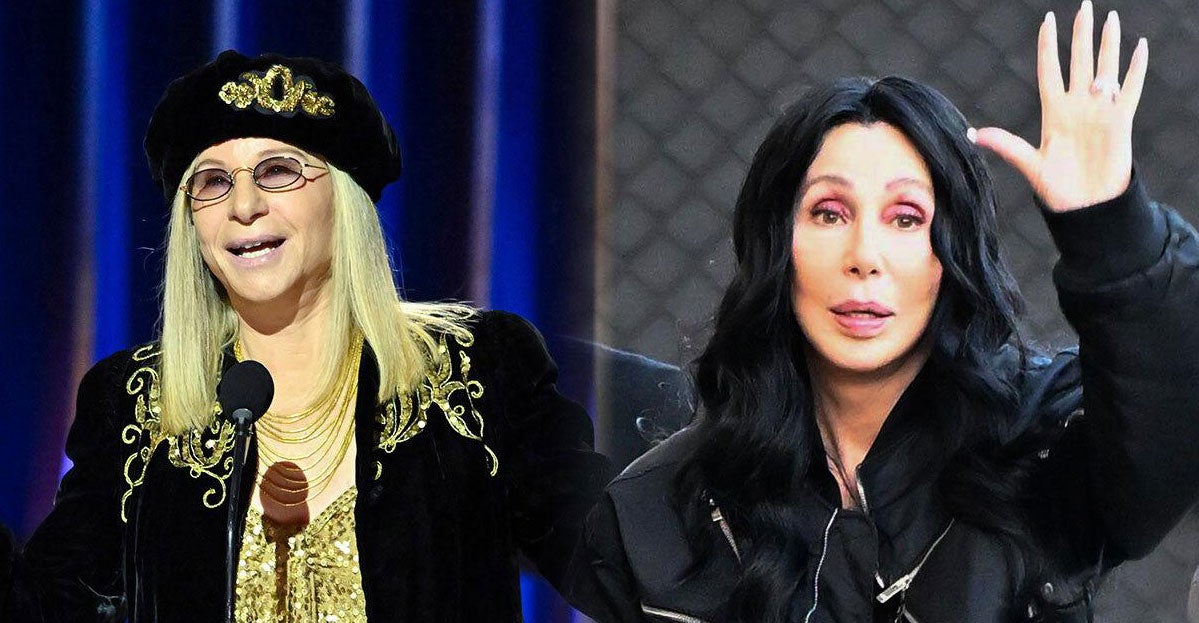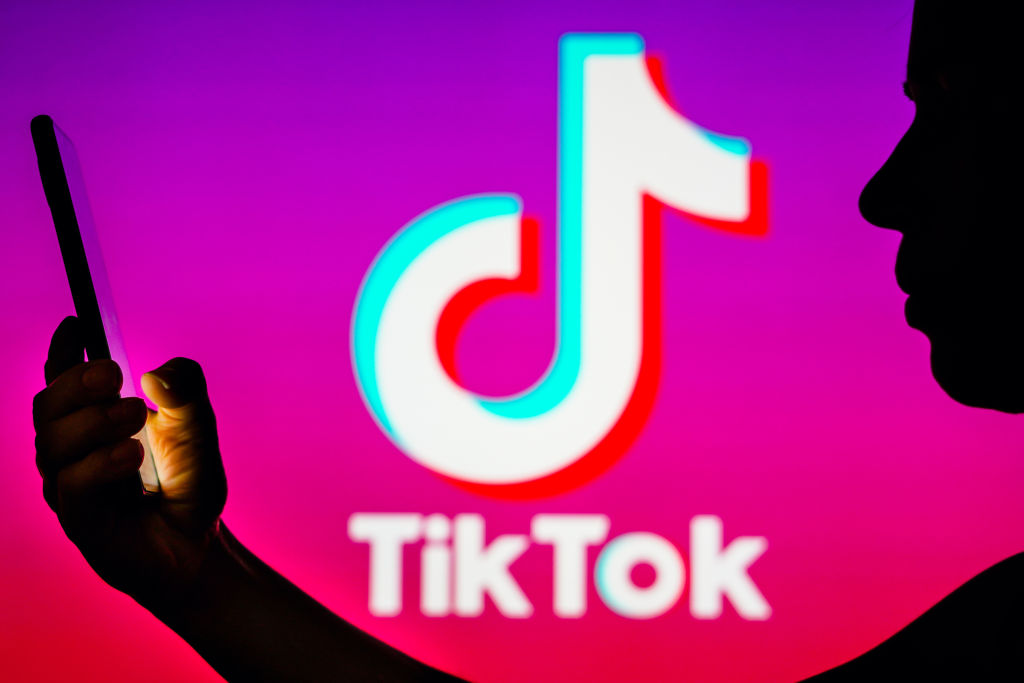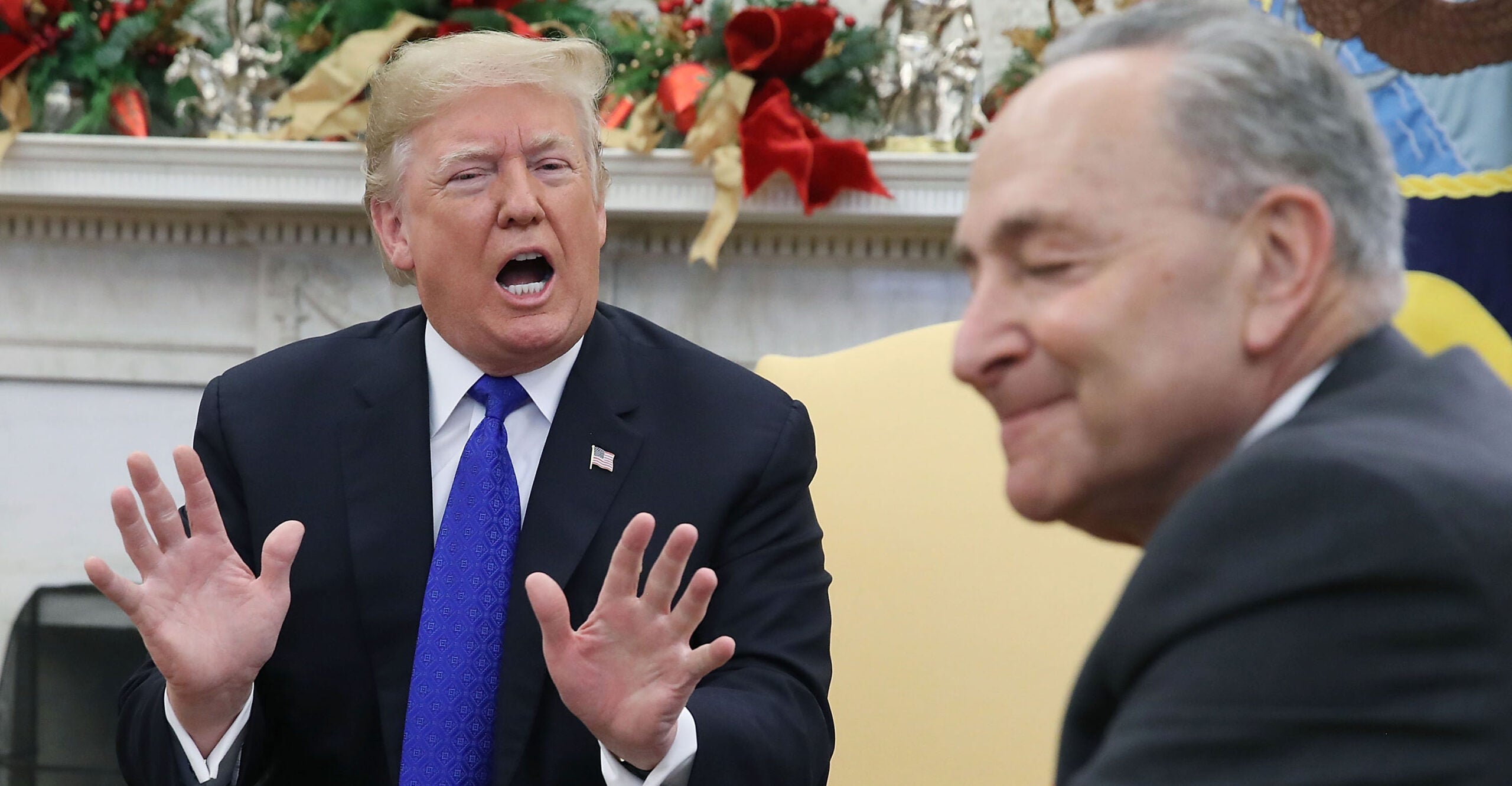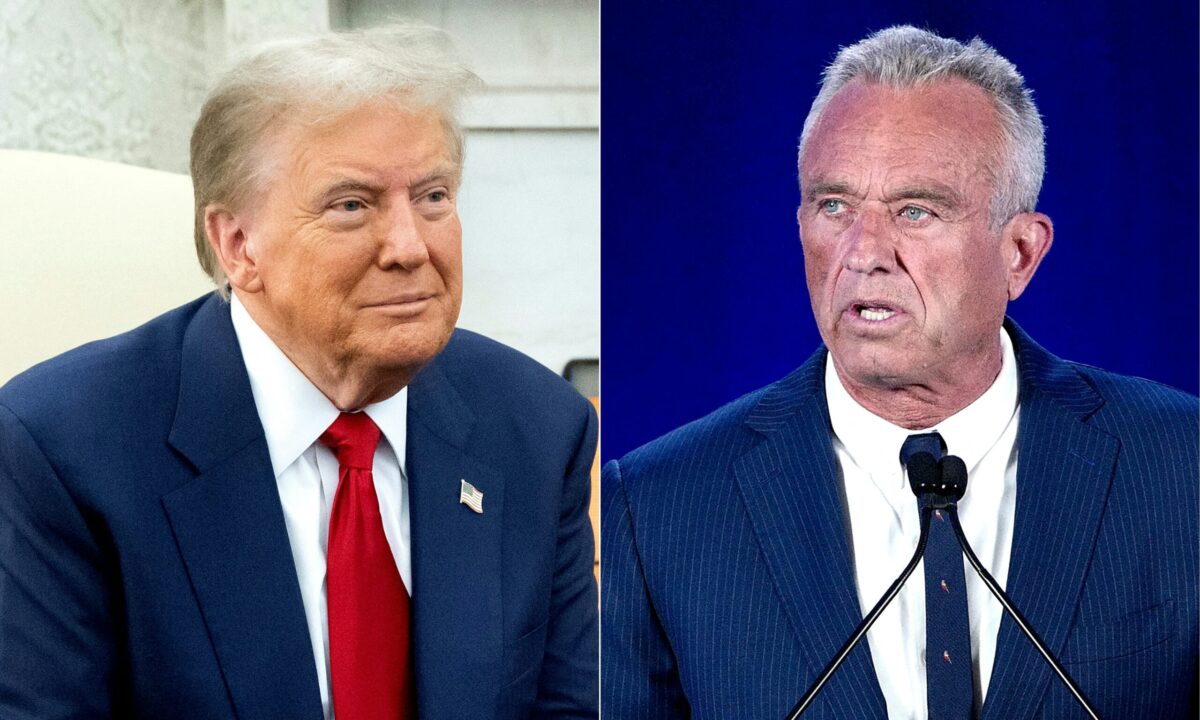The woke war against Christians backfired and elected Donald Trump
Ironies abound in Donald Trump’s election victory. It’s the people who truly believe he will end democracy or is literally Hitler who did the most to help him win through their total ideological commitment to open borders. They would rather see American democracy destroyed than merely enforce our existing immigration laws. And it’s those who most enthusiastically tore down all the old Christian moral superstructure of America, the guardrails that would have barred the way to the Oval Office for someone like Trump, who are most horrified by his wins. Donald Trump is truly the president for post-Christian America. I noted that the decline of Christianity in America has gone through three phases or worlds: a positive world (1964-1994) in which it was declining but still seen positively by society; a neutral world (1994-2014) in which it was no longer seen positively but not yet seen negatively; and a negative world (2014-present) in which for the first time in the 400-year history of America, official, elite culture now views Christianity negatively or at least skeptically. And its moral system has been rejected. When I tell this story about Christianity in America, people tend to think about what that means for American Christians. But it has profound implications for American society as a whole. Donald Trump is only a plausible president in a negative world. Trump had talked about running for president since at least 1988, but he never did it. The fake 2012 Reform Party bid doesn’t count. He knew that whatever his fame, America would not elect someone like him. In a country where Sen. Gary Hart had to drop out of the presidential race because he allegedly had an affair, Trump’s stormy personal life in that era would have disqualified him. Another example of why Trump could not have gotten elected: He had owned gambling casinos. Back the 1980s, if you wanted to gamble, you had two choices. You could go to your local mob bookie, or you could go to Las Vegas or Atlantic City and bet at a casino that was probably mob-controlled. Gambling was a seedy business, publicly perceived as deeply tied to the Mafia. This was a major plot element in the "Godfather" movies. While Trump may never have been involved with the mob himself, the idea of America electing a casino owner was unthinkable. Today, gambling is legal, pervasive, and socially approved. The major sports leagues are actually partners in the gambling industry. Clean-cut, all-American types like Peyton Manning and Eli Manning signed up to be gambling pitchmen, apparently without hurting their brands. Trump’s casino ownership is no big deal today. Trump also benefited from the final decay of WASP norms in America. His gaudy consumption style, braggadocio, and love of celebrity are an affront to WASP values. But in a country that fetes Cardi B’s “WAP” and other such music, in which drug use is now mostly legal and approved of, tattoos are very common, becoming a social media star is one of the top career ambitions of young people, and consumption of expensive products and experiences is now a core element of the lifestyle of the American elite, how can Trump’s behaviors be critiqued? It’s hard to complain that he’s crude when we live in a crude society and people like it that way — except when it comes to him. In fact, compared to the rest of the country, Trump is a retro model of rectitude in not drinking or doing drugs, having a relentless work ethic, wearing suits, etc. If we were still the America that elected George H.W. Bush or even George W. Bush, Donald Trump would not have won this election. In fact, there’s a good chance he wouldn’t even have run in the first place. But in 2015, he saw that something had changed in the country, that there was now a viable path for someone like him to make it to the White House. He came down that escalator, and the rest is history. Donald Trump is an example of what’s changed with the advent of the negative world in America. The fallout will be pervasive. We see it in how everything you used to have to go to the Mafia for is now legal and approved at some level: drugs, gambling, loan sharking (payday loan stores), and, coming soon, prostitution (“sex work”). Maybe that’s one reason you don’t hear as much about the American Mafia these days. There’s not as much for them to do as there used to be. If Michael Corleone were real and alive today, he actually would be able to go legit. Donald Trump’s presidencies are two of the first signs of the social implication of a negative world, post-Christian America. They're unlikely to be the last. This essay was originally published on Aaron Renn's Substack.
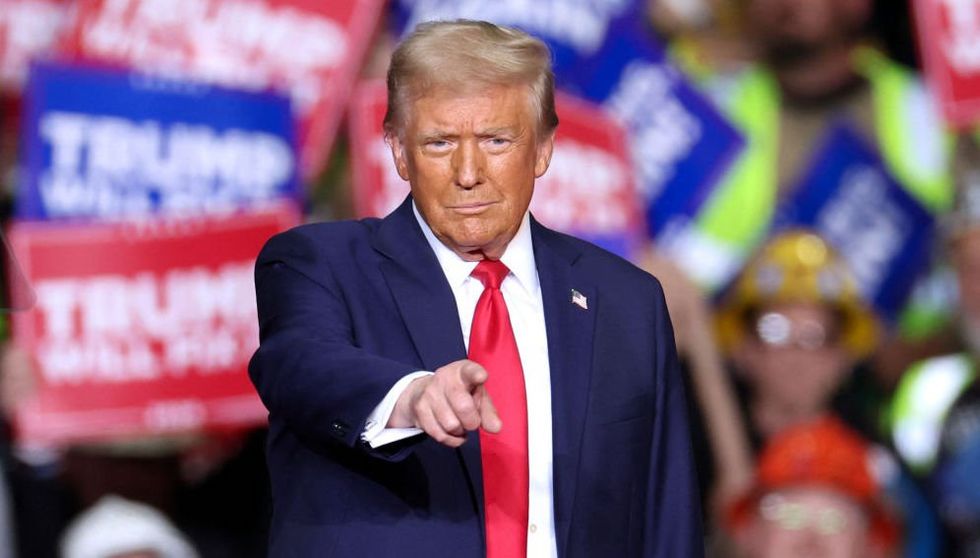

Ironies abound in Donald Trump’s election victory.
It’s the people who truly believe he will end democracy or is literally Hitler who did the most to help him win through their total ideological commitment to open borders. They would rather see American democracy destroyed than merely enforce our existing immigration laws.
And it’s those who most enthusiastically tore down all the old Christian moral superstructure of America, the guardrails that would have barred the way to the Oval Office for someone like Trump, who are most horrified by his wins.
Donald Trump is truly the president for post-Christian America.
I noted that the decline of Christianity in America has gone through three phases or worlds: a positive world (1964-1994) in which it was declining but still seen positively by society; a neutral world (1994-2014) in which it was no longer seen positively but not yet seen negatively; and a negative world (2014-present) in which for the first time in the 400-year history of America, official, elite culture now views Christianity negatively or at least skeptically. And its moral system has been rejected.
When I tell this story about Christianity in America, people tend to think about what that means for American Christians. But it has profound implications for American society as a whole.
Donald Trump is only a plausible president in a negative world.
Trump had talked about running for president since at least 1988, but he never did it. The fake 2012 Reform Party bid doesn’t count. He knew that whatever his fame, America would not elect someone like him. In a country where Sen. Gary Hart had to drop out of the presidential race because he allegedly had an affair, Trump’s stormy personal life in that era would have disqualified him.
Another example of why Trump could not have gotten elected: He had owned gambling casinos. Back the 1980s, if you wanted to gamble, you had two choices. You could go to your local mob bookie, or you could go to Las Vegas or Atlantic City and bet at a casino that was probably mob-controlled. Gambling was a seedy business, publicly perceived as deeply tied to the Mafia. This was a major plot element in the "Godfather" movies. While Trump may never have been involved with the mob himself, the idea of America electing a casino owner was unthinkable.
Today, gambling is legal, pervasive, and socially approved. The major sports leagues are actually partners in the gambling industry. Clean-cut, all-American types like Peyton Manning and Eli Manning signed up to be gambling pitchmen, apparently without hurting their brands. Trump’s casino ownership is no big deal today.
Trump also benefited from the final decay of WASP norms in America. His gaudy consumption style, braggadocio, and love of celebrity are an affront to WASP values. But in a country that fetes Cardi B’s “WAP” and other such music, in which drug use is now mostly legal and approved of, tattoos are very common, becoming a social media star is one of the top career ambitions of young people, and consumption of expensive products and experiences is now a core element of the lifestyle of the American elite, how can Trump’s behaviors be critiqued? It’s hard to complain that he’s crude when we live in a crude society and people like it that way — except when it comes to him. In fact, compared to the rest of the country, Trump is a retro model of rectitude in not drinking or doing drugs, having a relentless work ethic, wearing suits, etc.
If we were still the America that elected George H.W. Bush or even George W. Bush, Donald Trump would not have won this election. In fact, there’s a good chance he wouldn’t even have run in the first place.
But in 2015, he saw that something had changed in the country, that there was now a viable path for someone like him to make it to the White House. He came down that escalator, and the rest is history.
Donald Trump is an example of what’s changed with the advent of the negative world in America.
The fallout will be pervasive. We see it in how everything you used to have to go to the Mafia for is now legal and approved at some level: drugs, gambling, loan sharking (payday loan stores), and, coming soon, prostitution (“sex work”). Maybe that’s one reason you don’t hear as much about the American Mafia these days. There’s not as much for them to do as there used to be. If Michael Corleone were real and alive today, he actually would be able to go legit.
Donald Trump’s presidencies are two of the first signs of the social implication of a negative world, post-Christian America. They're unlikely to be the last.
This essay was originally published on Aaron Renn's Substack.
Originally Published at Daily Wire, World Net Daily, or The Blaze
What's Your Reaction?















